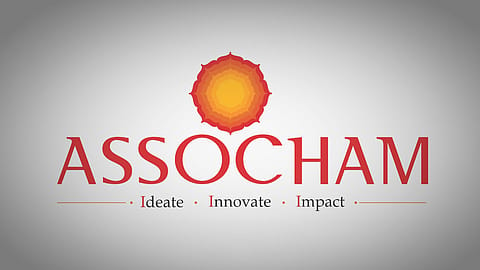India Inc. bats for regulatory easing, single window clearances, says Assocham survey
Cost of doing business has come up as concern in the survey. It reveals that 47% of the respondents have indicated a moderate increase in the cost of doing business, whereas, 37% have indicated a significant uptick.

Indian industry expects more regulatory, financial, and structural reforms from the government, as per a survey by the industry body Assocham. The survey, called Indian Economic Confidence Survey 2025, calls for a single window clearance.
“For India to emerge as a global industrial hub, particularly in manufacturing and technology services, businesses must be supported through regulatory reforms, affordable finance, reliable infrastructure, and stronger integration into global value chains,” said Manish Singhal, Secretary General, Assocham.
“Respondents expressed a need for simplification of regulatory requirements with 51% indicating a preference for single-window clearance,” Assocham said in release on the survey.
“Similar preferences include a simplified GST framework, direct tax regime reforms, and legal and contract enforcement reforms. Reducing the cost of doing business, lowering the cost of capital, and better incentives for local manufacturing to Indian companies were also mentioned by the respondents. The survey also captures other expectations based on technological support, and control of Chinese electronic imports, among others,” the release said.
Cost of doing business has come up as concern in the survey. It reveals that 47% of the respondents have indicated a moderate increase in the cost of doing business, whereas, 37% have indicated a significant uptick.
“Key cost drivers include infrastructure cost, skilled labour, and cost of finance, among others. In addition to these, challenges related to compliance and regulatory complexity, burden exporters and domestic producers,” Assocham said.
However, the survey also points out the positive signs of the transformative potential of targeted policy interventions. “Nearly 32% of the respondent firms involved in exports appreciated government initiatives like the Production Linked Incentive (PLI) Scheme, though its reach remains uneven. Larger respondent firms tend to engage more with such schemes, while the smaller ones cite difficulty in accessing benefits,” the industry body said.
Recommended Stories
On regional perspective the report said states like Maharashtra, Tamil Nadu, Karnataka, Gujarat, and Uttar Pradesh, among others have developed robust export ecosystems with exports spanning across several sectors. “In contrast, other states like West Bengal, Goa and Kerala, among others have carved out niche positions. This geographic diversity calls for region-specific strategies to boost export competitiveness and diversity,” it added.